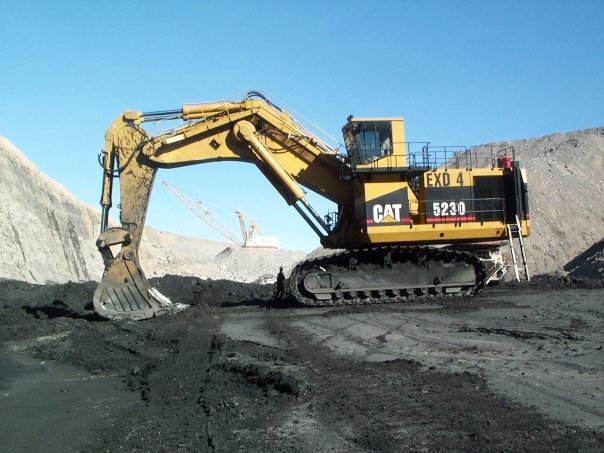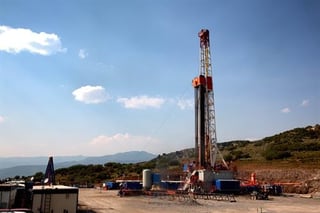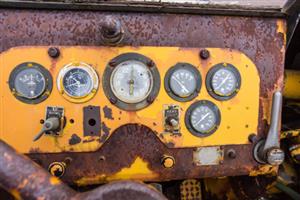
Image source: FNQ at en.wikipedia license
When you are considering buying, selling, investing in, or financing machinery & equipment, the age of the assets will play an important role in determining the fair market value and ultimately, the price you are willing to pay or accept for it.
Useful Life
The useful life of equipment is generally considered just a guideline that estimates when the asset would need to either retire from service or need refurbishing and reinvestment to prolong its life. Many factors can affect this estimate such as usage, maintenance, technology, and overall manufacturing quality.
Chronological Age
The chronological age of machinery & equipment is simply calculated from the date of its original manufacturing to the effective date you are considering, usually a current date. So, as an example, if a used Caterpillar excavator was originally built in 2011 and you want to purchase it today, the chronological age of that asset would be 10 years.
Effective Age
Using that same example, over the 10 year period from 2011-2021, the specific Caterpillar excavator you’re looking to purchase, sell or finance, will have a certain number of hours logged, will have a specific prior sales history (1 owner or multiple), been under a good or not so good maintenance program each year and possibly had certain major components replaced over that time.
All of these factors will play a part in considering an adjustment to the chronological age which would create a more realistic effective age.
If the excavator was only used 1,000 hours per year, that might be construed as half or even less than normal usage, while being maintained on a daily basis. On the flip side, if the machine had over 20,000 hours on it with no component replacements over the 10 year period, you would take a hard look at what would need to be invested into it to bring the machine into good operating condition and extend its life.
In many industries, you will see certain types of equipment originally manufactured decades ago while still in good operating condition. These machines have likely not been affected by changes in technology and have been well maintained with component parts replaced as needed over their lifetime.
There are also plenty of examples of machinery in heavy usage environments such as mining and aggregate, that well exceed normal operating hours which could have an adverse effect on value. However, as long as these machines are well maintained with components replaced as needed, these assets are durably built and designed to last a long time.
In summary, effective age is an important component to understanding machinery & equipment value. While it is a subjective estimate based on a number of variables, it provides a working guideline to appraising and ultimately understanding what you should be buying and selling these assets for at any given time.



